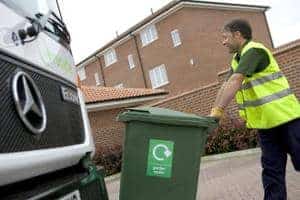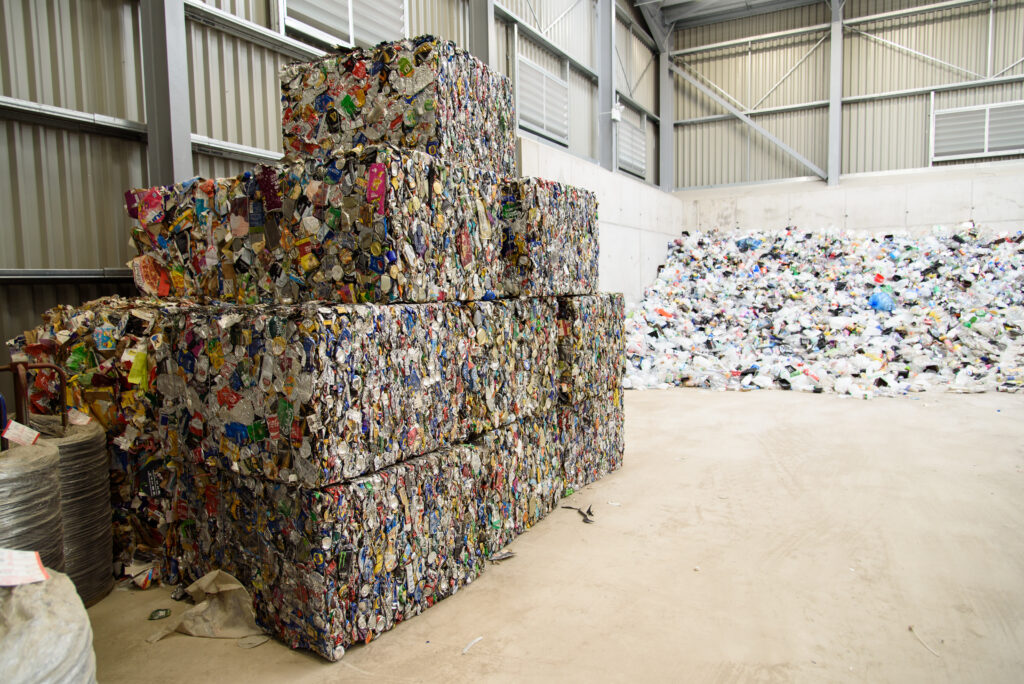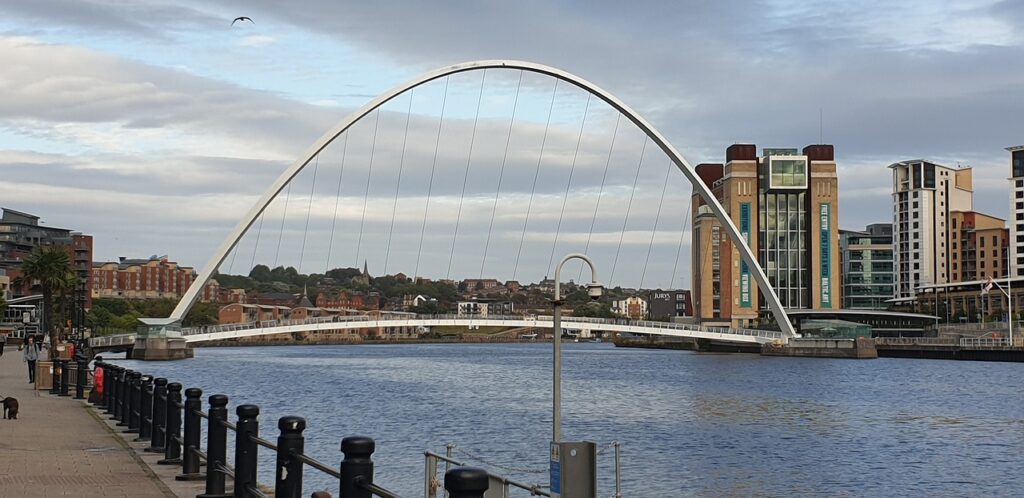Figures published by Defra today (November 4) have revealed that England narrowly missed the Waste Strategy target for it to recycle 40% of household waste by 2010, reaching a 39.7% recycling and composting rate for 2009/10.
Representing a 2.1% increase from the 37.6% figure achieved for 2008/09 (see letsrecycle.com story), that performance represents a further slowing in the pace at which the rate is rising, after it increased by 3.1% between 2007/08 and 2008/09 and 3.6% in 2007/08.
The figures also reveal that Staffordshire Moorlands council has maintained its position as England's top performing local authority, achieving a 61.84% household waste recycling and composting rate for 2009/10.
The council is joined by three other local authorities who have broken through the 60% ceiling, with South Oxfordshire district council achieving a 61.41% rate – an 18.61% improvement on its 2008/09 rate, Rochford district council, in Essex, hitting 61.19% – an 11.68% improvement on the previous year's figure, and Cotswold district council achieving a 60.4% rate.
Arisings
The statistics, which are published by Defra based on data submitted by councils to the WasteDataFlow database, also indicate a continued decline in the amount of waste generated, with a 2.7% decline in the amount of household waste collected – from 24.3 million tonnes in 2008/09 to 23.7 million tonnes in 2009/10.
The broader description of municipal waste also saw a decline in waste arisings, down 2.9% from 27.3 million tonnes in 2008/09 to 26.5 million tonnes in 2009/10.
However, the percentage declines were lower than those seen between 2007/08 and 2008/09, where the above-average drops in waste arisings were attributed by many to the effects of the recession on consumption.
Most-improved
Among the councils, other notable performances outside those breaking through the 60% barrier include Rugby borough council which, which had the most-improved household waste recycling and composting rate, up 18.75% from 32.24% in 2008/09 to 50.99% in 2009/10.
And, Surrey Heath borough council increased its recycling rate by 17.79% – from 32.22% in 2008/09 to 50.02%.
At the other end of the table, Ashford borough council in Kent slipped to the bottom, with a 15.29% household waste recycling and composting rate for 2009/10, while the London borough of Lewisham reached 16.85% and last year's lowest-performing council, the London borough of Newham, saw its rate increase from 15.4% in 2008/09 to 18.8% in 2009/10.
Disposal
In terms of waste disposal, the figures show a continuing decline in both the proportion of municipal waste being sent to landfill – down from 50.3% in 2008/09 to 46.9% in 2009/10 – and the tonnage, down from 13.8 million tonnes in 2008/09 to 12.5 million tonnes in 2009/10.
They also show that energy-from-waste incineration increased its significance within England's waste treatment landscape, with 14%, or 3.6 million tonnes, of municipal waste dealt with in this way in 2009/10, compared to 12% – 3.3 million tonnes – in 2008/09.
Minister
Commenting on the figures, the waste and recycling minister Lord Henley said today: “Local authorities are to be congratulated on this latest set of statistics which show that recycling is increasing and the amount sent to landfill continues to decrease.
“We're keen to see this trend continue as we can't keep sending huge amounts of waste to landfill. Less waste should be created, everything from furniture to TVs should be reused rather than thrown away, and valuable items such as aluminium cans recycled.”









Subscribe for free